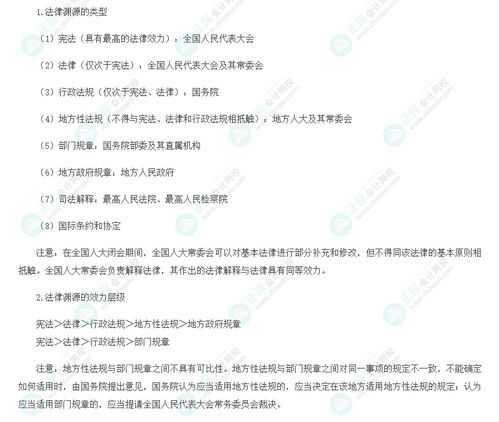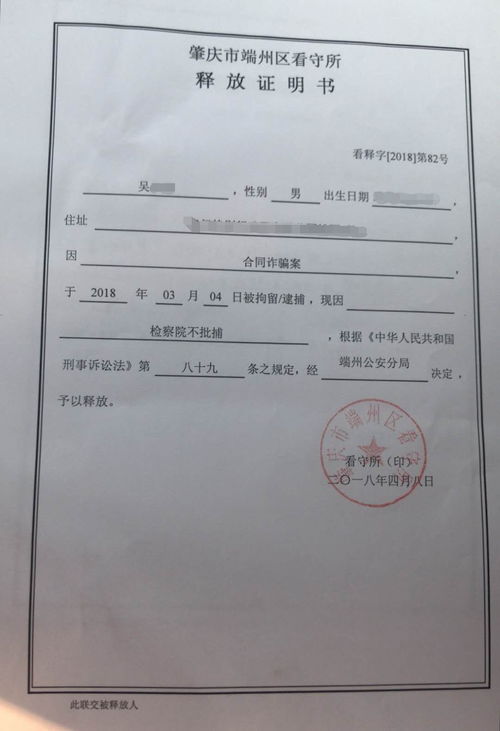Title: Adhering to Legal Compliance in Educational Lesson Planning
Creating lesson plans that adhere to legal standards is essential for educators to ensure a safe, effective, and legally compliant learning environment. Let's delve into key considerations and guidelines for developing educational lesson plans that prioritize legal compliance.
Understanding Legal Frameworks in Education
1.
Legal Foundations
: Familiarize yourself with the legal frameworks governing education in your jurisdiction. This includes laws related to curriculum standards, student rights, special education, and teacher responsibilities.2.
Federal and State Laws
: Identify both federal and statelevel laws applicable to education. Federal laws like the Individuals with Disabilities Education Act (IDEA), Title IX, and the Family Educational Rights and Privacy Act (FERPA) have significant implications for lesson planning.Incorporating Legal Compliance into Lesson Planning
1.
Curriculum Alignment
: Ensure that lesson objectives, activities, and assessments align with mandated curriculum standards. This alignment helps demonstrate compliance with educational requirements.2.
Accessibility
: Address the needs of students with disabilities by providing accessible materials and instructional strategies. Considerations for accessibility should be integrated into lesson design from the outset.3.
Diversity and Inclusion
: Design lessons that reflect diversity and promote inclusion. Incorporate diverse perspectives and materials to create a culturally responsive learning environment, fostering respect and understanding among students.4.
Safety Measures
: Prioritize student safety by incorporating appropriate safety measures into lesson plans, particularly for activities involving potential risks or hazards. Follow school protocols and guidelines for maintaining a safe learning environment.5.
Privacy and Confidentiality
: Respect student privacy rights by safeguarding confidential information in accordance with FERPA regulations. Exercise caution when sharing student data and ensure that any technology used in lessons complies with privacy laws.Practical Tips for Legal Compliance
1.
Regular Professional Development
: Stay informed about updates to educational laws and best practices through ongoing professional development opportunities. Attend workshops, webinars, and training sessions focused on legal compliance in education.2.
Collaboration with Colleagues
: Collaborate with colleagues, administrators, and legal experts to address legal concerns and ensure that lesson plans meet legal standards. Seek feedback and guidance when developing and implementing lessons.3.
Documentation and RecordKeeping
: Maintain thorough documentation of lesson plans, instructional materials, and student assessments. Document any accommodations or modifications made for students with disabilities, as well as incidents related to safety or discipline.4.
Flexibility and Adaptability
: Remain flexible and adaptable in your approach to lesson planning, especially when addressing diverse student needs or unexpected legal considerations. Be prepared to modify lesson plans as needed to ensure compliance and meet student needs.Conclusion

Creating legally compliant lesson plans requires a comprehensive understanding of relevant laws and a commitment to upholding student rights and safety. By incorporating legal considerations into lesson planning processes and collaborating with colleagues and experts, educators can develop effective and legally compliant lessons that promote student learning and wellbeing.
免责声明:本网站部分内容由用户自行上传,若侵犯了您的权益,请联系我们处理,谢谢!联系QQ:2760375052











